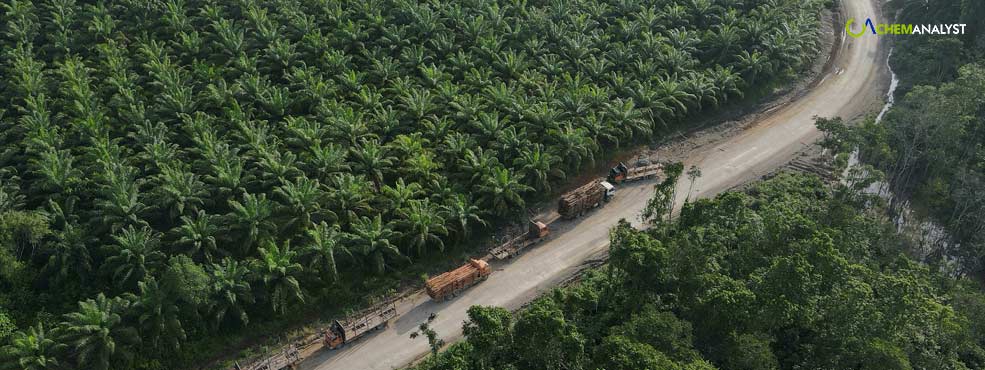Welcome To ChemAnalyst

In a bid to revitalize its agricultural landscape and bolster the palm oil sector, Indonesia is embarking on an ambitious initiative to enhance its subsidy program for palm oil replanting. Spearheaded by Airlangga, this strategic move aims to incentivize greater participation among farmers and uplift the industry as a whole. The proposed augmentation will see the subsidy soar to 60 million rupiah ($3,833.87) per hectare, marking a significant increase from previous levels. However, the exact timeline for the rollout of these augmented payments is yet to be finalized.
The roots of this initiative trace back to 2016 when Indonesia unveiled a visionary scheme aimed at bolstering yields from smallholder farms while mitigating the need for further land clearance. Under this program, farmers receive vital financial support to acquire palm seedlings and cultivate new palm trees, replacing older and less productive ones.
Despite its noble objectives, the program has encountered hurdles along the way, chiefly stemming from administrative complexities and farmers' apprehensions regarding potential income disruptions during the transition period. These challenges have impeded the program's uptake and thwarted its full potential.
Preliminary estimates suggest that the total subsidy outlay could reach a staggering 10.8 trillion rupiah ($690.32 million) annually, with plans in place to approve replanting activities across 180,000 hectares (444,790 acres) of land every year. This substantial financial injection will be fueled by levies collected from the exports of crude palm oil, underscoring Indonesia's commitment to the sustainable development of its palm oil industry.
In addition to ramping up financial support, the government is undertaking a comprehensive review of the eligibility criteria governing participation in the replanting program. The Agriculture Ministry has been tasked with this pivotal endeavor, with a keen focus on addressing the challenges faced by smallholders in meeting specific requirements that have hindered their participation in replanting initiatives.
Despite the program's existence for nearly six years, its quantitative outcomes have fallen short of the qualitative aspirations envisioned. By the end of 2023, only a fraction of the targeted land had received approval for replanting, with a significant gap between approvals and actual implementation. This underscores the need for concerted efforts to streamline processes and overcome obstacles to maximize the program's impact on agricultural development and sustainability in Indonesia.
Palm oil, extracted from the reddish pulp known as mesocarp found in the fruit of oil palms, serves as a versatile edible vegetable oil. Its applications span across various industries including food manufacturing, cosmetics, and as a source of biofuel.
We use cookies to deliver the best possible experience on our website. To learn more, visit our Privacy Policy. By continuing to use this site or by closing this box, you consent to our use of cookies. More info.
